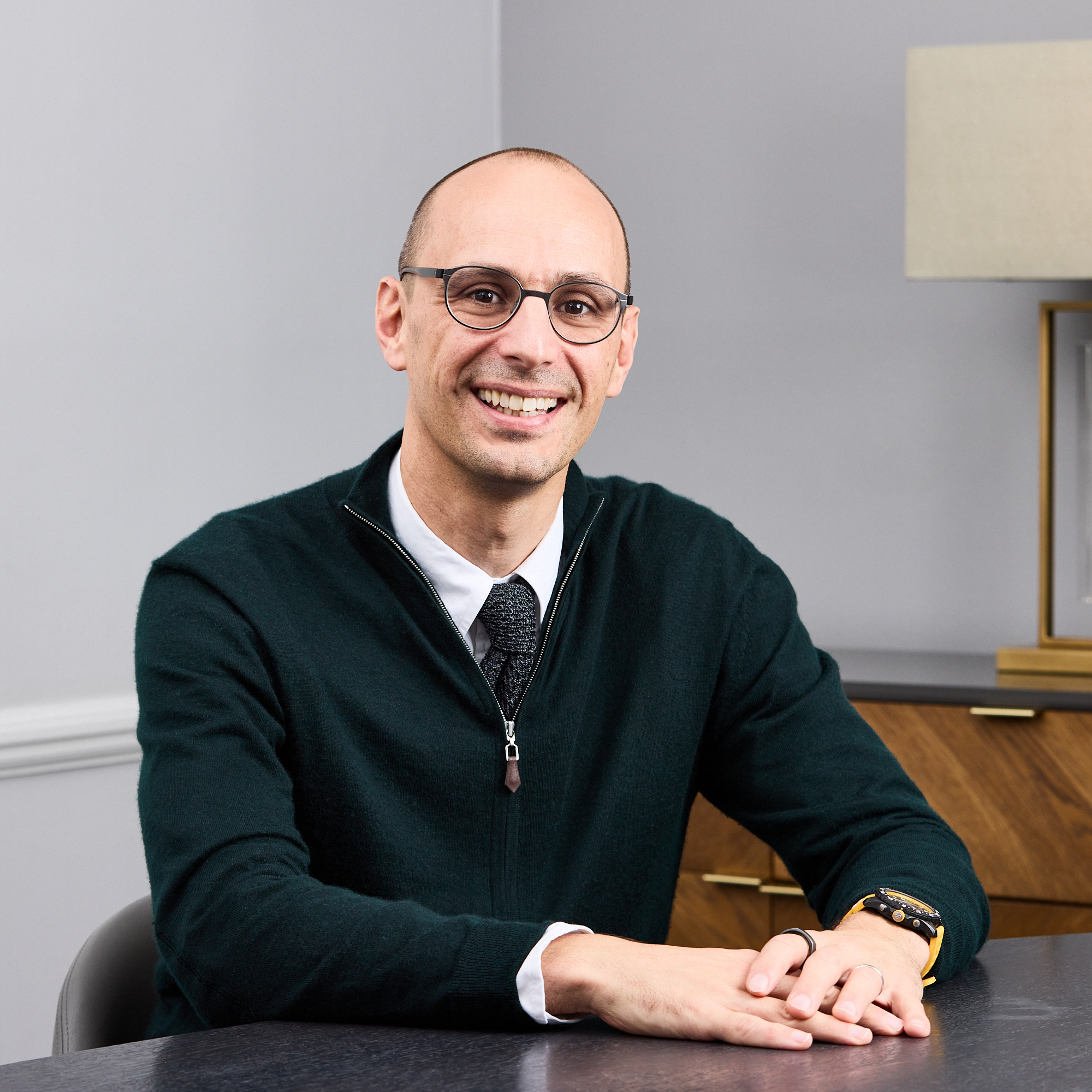-
Nu.Q® Technology
Our technology detects characteristic epigenetic changes in nucleosomes that occur from the earliest stages of cancer, sepsis and other diseases.
-
- Our Tests
- Human Health
-
Nu.Q® NETs
Nu.Q® NETs is a groundbreaking CE-marked diagnostic solution that clinicians can use to detect NETosis.
-
Nu.Q® Discover
Buy our Nu.Q® Discover H3.1 Research Use Only Assay
- Animal Health
-
Nu.Q® Vet Cancer Test
Nu.Q® Vet Cancer Test detects 76% of systemic cancers at 97% specificity.
Brighter tomorrow.
We are dedicated to revolutionizing the diagnosis and monitoring of life-altering diseases by advancing the science of epigenetics.
We are dedicated to revolutionizing the diagnosis and monitoring of life-altering diseases by advancing the science of epigenetics.
Early Diagnosis Saves Lives
Imagine a world where diseases like cancer and sepsis can be diagnosed early and monitored easily using routine blood tests. That’s the world we’re trying to build by developing our innovative family of simple, easy to use, cost-effective tests.
Our patented technologies use chromosomal structures such as nucleosomes and transcription factors as biomarkers in cancer and other diseases. All the tests in our portfolio detect various characteristic changes that occur from the earliest stages of disease, enabling early detection and potentially a better way to monitor disease progression and a patient’s response to treatment.
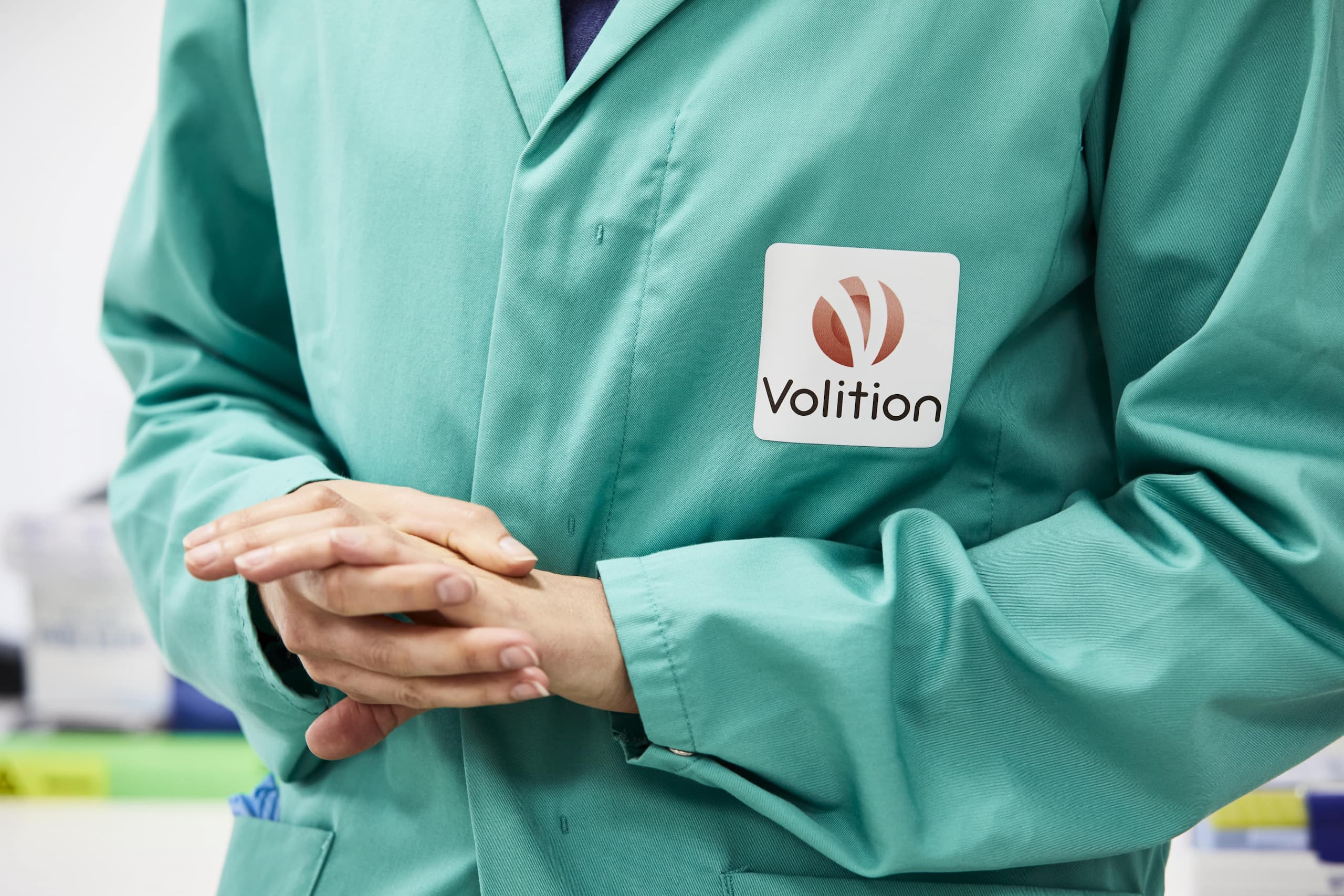
Our Nu.Q® Technology.
Our ground breaking nucleosome quantification technology is currently being used for cancer applications in veterinary medicine and we are continuing to expand our technology in human medicine through early clinical trials in cancer, sepsis and beyond.
Nu.Q® NETs is a CE-marked diagnostic solution that clinicians can use to detect NETosis.
Our Nu Q® Vet Cancer Test is an accessible and affordable screening test for cancer in dogs.
Nu.Q® Cancer is a range of simple, cost effective blood-based assays with potential applications beyond cancer detection.
Our Nu.Q® Discover program enables drug developers and scientists access to a range of state-of-the-art assays.
Our patented Nucleosomics™ technology isolates circulating nucleosomes from the blood for quantification and analysis.
Leading the way
Our team has worked tirelessly for more than a decade to evolve and master our understanding of the rich, complex information encoded in circulating chromatin and in particular, in circulating nucleosomes.
We believe that our focus on innovation, robust assay development and a diverse intellectual property portfolio positions us to become a significant player in this cutting-edge field of science.
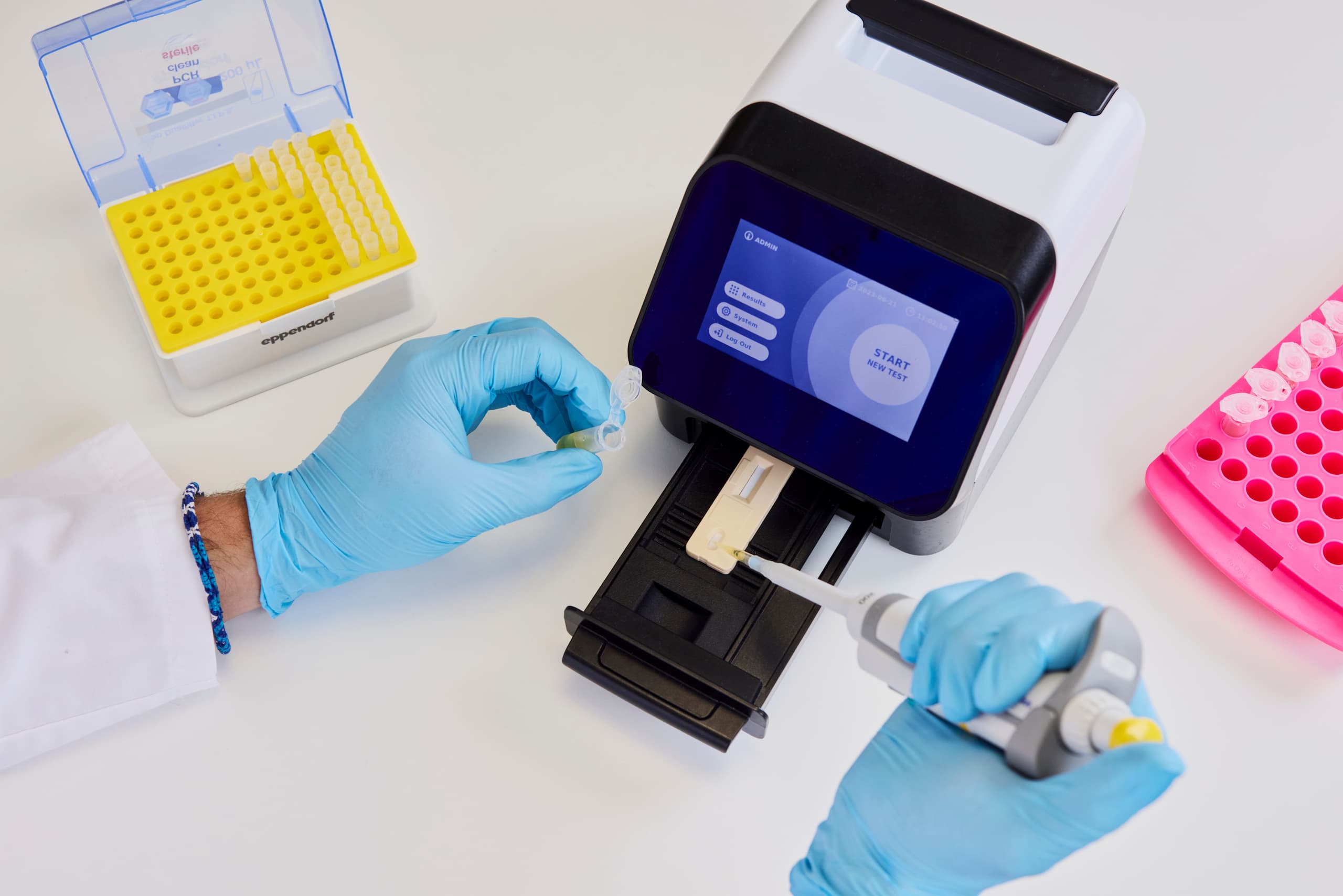
Working together.
Cultivating successful, ongoing relationships with stakeholders worldwide has been fundamental to Volition’s development. We have fostered ties with leading academic institutions, clinical centers of excellence, multi-national pharmaceutical companies and funders from across the globe.
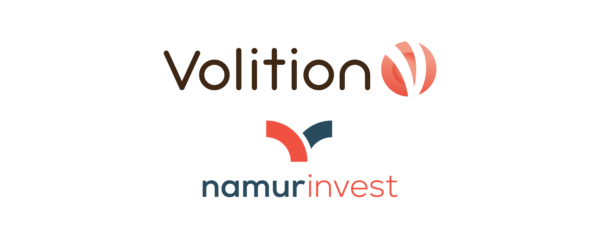
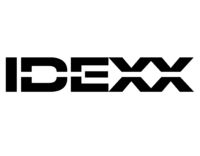
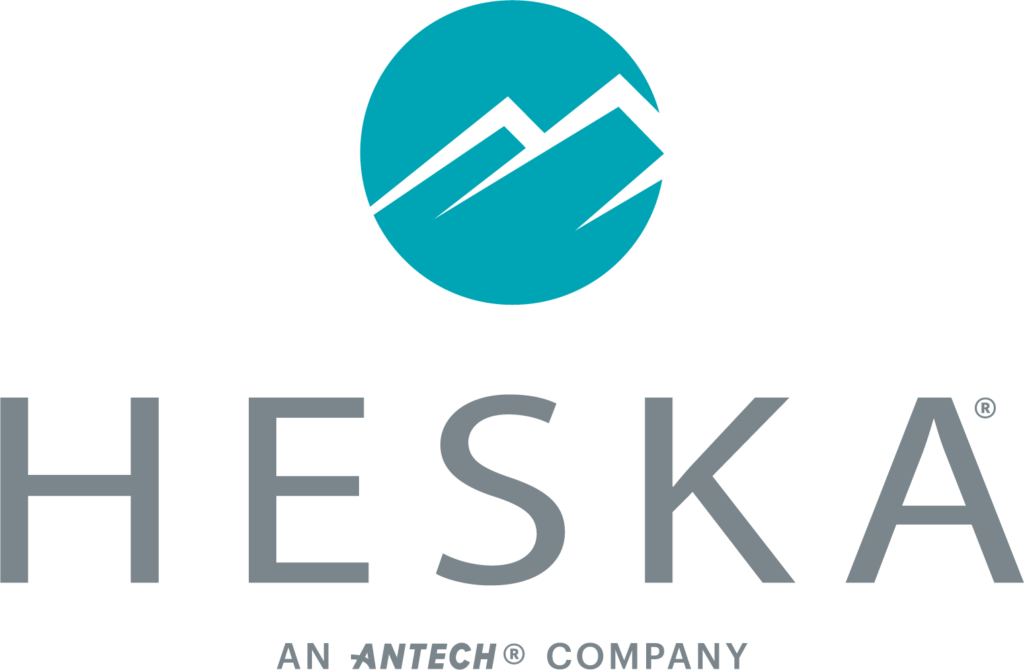

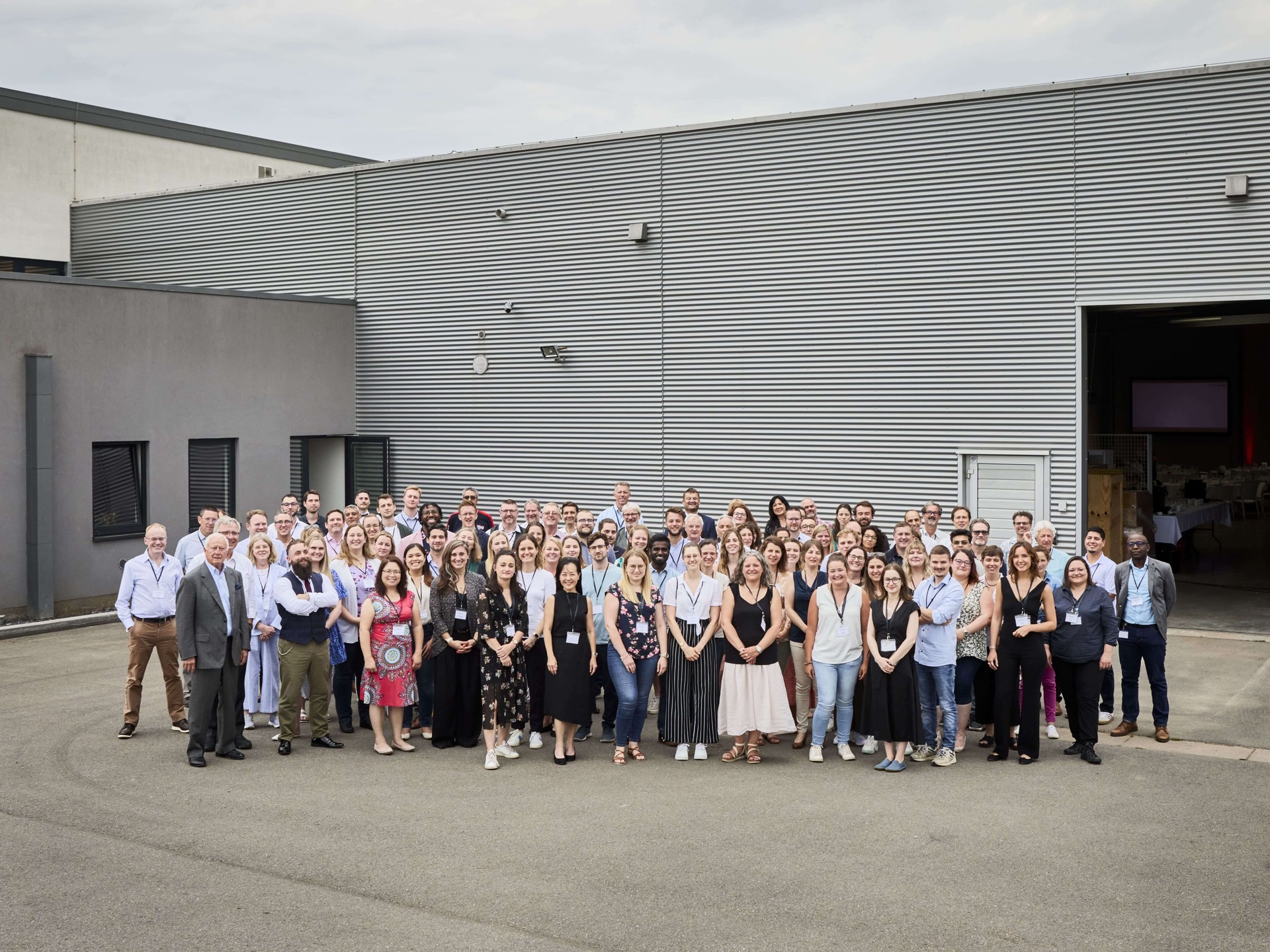
Advancing the science of epigenetics.
Our story
Volition was established in 2010. Our co-founding scientists, Jake Micallef and Mark Eccleston joined forces with our Group CEO, Cameron Reynolds, with the aim of transforming diagnostics from expensive, invasive, and often unpleasant procedures to something as fast and accessible as cholesterol or pregnancy testing.
The company has grown from a single two-meter lab bench at the University of Namur in Belgium to a purpose-built 20,000 square feet lab in Gembloux, Belgium, an Innovation Lab in California, and offices in California, London, Singapore and Nevada.
In 2015 the company was listed on the New York Stock Exchange (VNRX). We now have a team of over 100 dedicated staff, spanning a wide range of disciplines; all united in our mission to improve outcomes for patients.
Intellectual Property.
Covers human and veterinary applications
Patent families
Patents granted in U.S.
Additional patents granted worldwide
Patents pending
Latest News from Volition
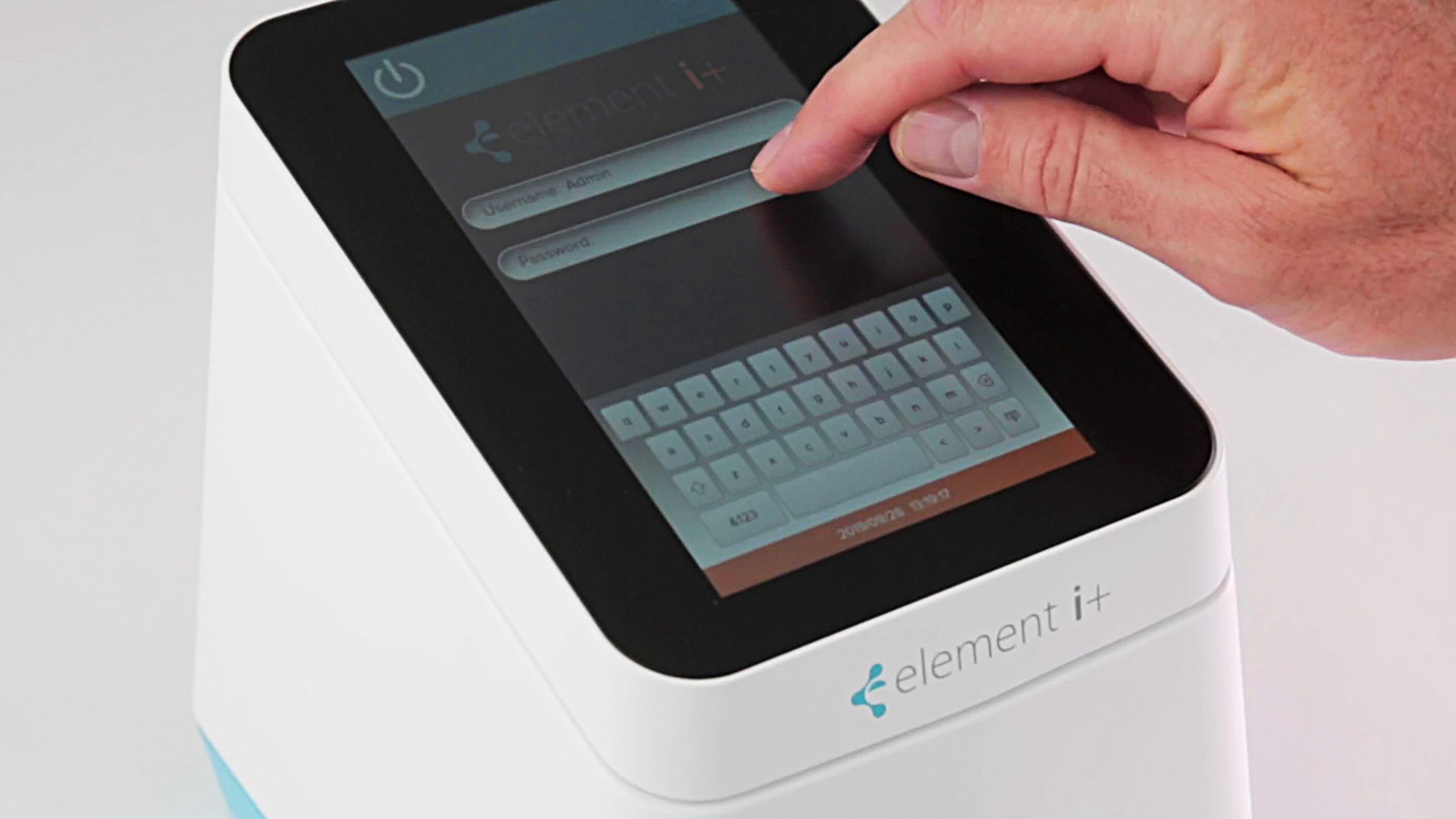
Nu.Q® Vet Cancer Test launched in-clinic in U.S. and Europe …
Press Releases
VolitionRx Limited Announces Full Fiscal Year 2023 Financial…
Press Releases
Volition and Fujifilm Vet Systems Launch Nu.Q® Vet Cancer Te…
Press Releases